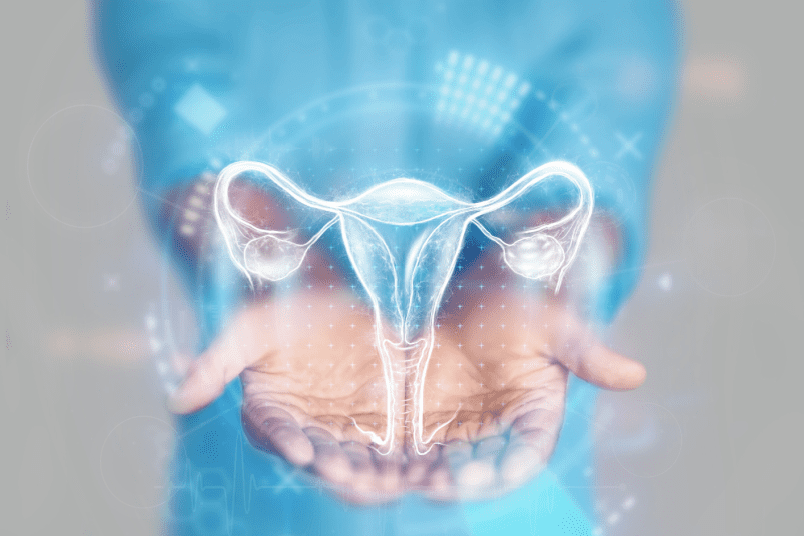OI – Ovulation Induction
Ovulation induction (OI) is a fertility treatment designed to stimulate the ovaries to produce and release one or more eggs in women who have irregular or absent ovulation. This process is often used for women with conditions such as polycystic ovary syndrome (PCOS) or other ovulatory disorders, and it can also be part of other assisted reproductive technologies like intrauterine insemination (IUI) or in vitro fertilization (IVF).
The ovulation induction process begins with a thorough evaluation by a fertility specialist to determine the underlying cause of ovulatory dysfunction. This evaluation typically includes a detailed medical history, physical examination, and various diagnostic tests, such as blood tests to measure hormone levels and ultrasound imaging to assess ovarian and uterine health. Based on the findings, the specialist can develop a personalized treatment plan.
OI typically involves the use of medications to stimulate the ovaries. The most common medications include clomiphene citrate (Clomid) and letrozole (Femara), which are oral medications that encourage the ovaries to produce and release eggs. In some cases, injectable gonadotropins, which are hormones that directly stimulate the ovaries, may be used. The choice of medication depends on the individual's specific condition and response to previous treatments.
During the ovulation induction cycle, the woman undergoes close monitoring through blood tests and transvaginal ultrasounds to track the growth and development of ovarian follicles, which contain the eggs. This monitoring helps determine the optimal time for ovulation and ensures that the ovaries are responding appropriately to the medications. When the follicles reach the desired size, an injection of human chorionic gonadotropin (hCG) is administered to trigger the release of the mature egg(s).
Once ovulation is triggered, the timing of intercourse or intrauterine insemination (IUI) is carefully planned to coincide with the release of the egg(s), maximizing the chances of fertilization. The success of ovulation induction depends on various factors, including the underlying cause of infertility, the woman's age, and overall reproductive health. OI offers hope to many women struggling with ovulatory disorders, providing a relatively simple and effective method to enhance their chances of conceiving naturally or with assisted reproductive technologies.



.png)
